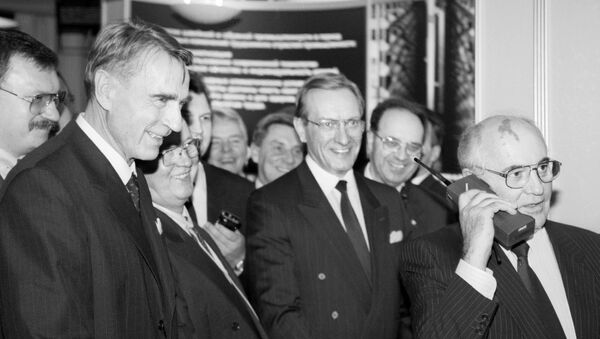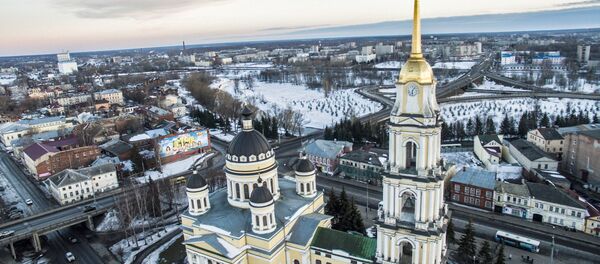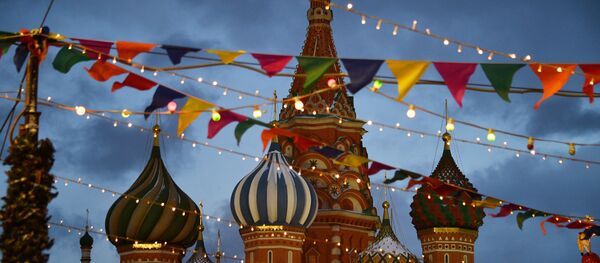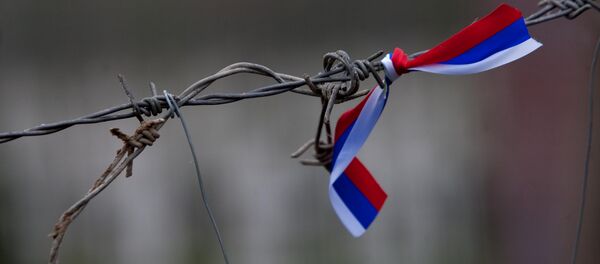During his tenure as Finnish President, Social Democratic Mauno Koivisto was frequently rebuked by Finns for allegedly resorting to self-censure and failing to support the then-breakaway Baltic republics' claims to independence from the USSR. However, Koivisto funneled millions into the support of Estonia's independence, effectively disguising the aid as "cultural cooperation" in order to avoid Moscow's wrath. This is something he kept quiet about until his death, Finnish national broadcaster Yle reported.
On the record, Koivisto stressed that Finland had recognized the Baltic States' integration in the USSR and could not interfere into Moscow's internal affairs. Off the record, Koivisto set up a support scheme for Estonia's independence cleverly disguised as cultural programs to uphold his working contacts with the USSR, Finnish historian and researcher Heikki Rausmaa, who defended his doctoral thesis on Finland's aid to Estonia, explained.
Presidentti Mauno Koivisto 1923-2017https://t.co/MgwZ61Ma5h pic.twitter.com/1hYq7TCXHQ
— TPKanslia (@TPKanslia) 12 мая 2017 г.
"Finland's former constitutional law vested all of the responsibility for foreign policy with the president, so without Koivisto's decision, the aid would have never been delivered," Heikki Rausmaa said.
The Ministry decided to fund the Tuglas Society and the Finnish-Estonian Cultural Association, whose office in Helsinki became the fledgling country's informal mission and support base. Future Estonian President Lennart Meri worked there when news broke of the "singing revolution" breaking though in August 1991.
Former Finnish Education and Culture Minister Anna-Liisa Kasurinen was responsible for the distribution of funds and was tongue-in-cheek referred to as the "Estonian affairs minister." Under her rule, the Finnish-Estonian Cultural Association was active in Helsinki and even employed future Estonian President Lennart Meri.
Koivisto's public support reached rock bottom in the early 1990s, which was at least partly ascribed to his lack of overt support for Estonia as Finnish President. Estonia declared independence in August 1991, with Iceland becoming the first nation to acknowledge it. Koivisto's Finland recognized the new Estonian government only after the major powers had done so. In a later interview with Yle, Koivisto defended his policy by claiming that the majority of the Finnish public concurred with Finland's cautious line and rejected Tallinn's allegations of "opposing Estonian independence." He also downplayed Estonia and Finland's role in the Soviet breakup.
Late Finnish president #MaunoKoivisto covertly supported Estonian independence, reports #Yle #Finland #Estonia https://t.co/fDxEHgpwA8 pic.twitter.com/aEb7tP26AZ
— Estonian News (@errnews) 16 мая 2017 г.
After his presidency, Koivisto slammed Finland's powers that be for neglecting the relations with Russian and opposed Finland's NATO membership. Koivisto died on May 12, 2017 after a long period of illness.
Never miss a story again — sign up to our Telegram channel and we'll keep you up to speed!







